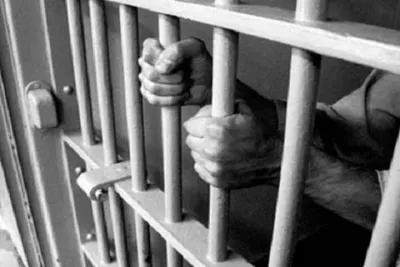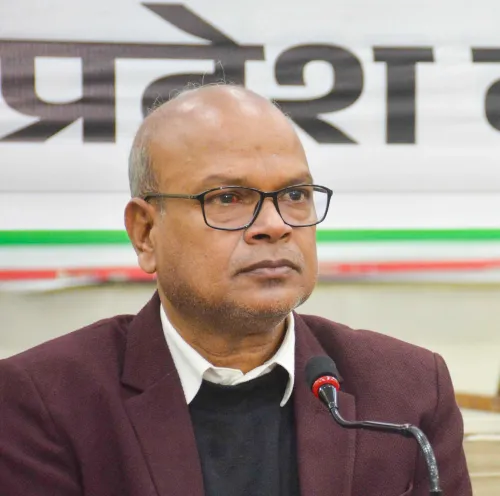Why Did the SC Order Rs 25 Lakh Compensation to a Man Wrongfully Imprisoned?

Synopsis
Key Takeaways
- Supreme Court awarded Rs 25 lakh for wrongful detention.
- Raised questions about judicial accountability.
- Highlighted the violation of Article 21 rights.
- Underlined the need for systematic reforms.
- Addressed the plight of other wrongfully imprisoned individuals.
New Delhi, Sep 8 (NationPress) The Supreme Court instructed the Madhya Pradesh government to compensate Rs 25 lakh to a man who was wrongfully incarcerated for approximately five extra years after having completed his full sentence.
The case involves Sohan Singh, also known as Bablu, who was tried in 2004 by the Sessions Court in Khurai, District Sagar for offenses under Sections 376 (rape), 450 (house trespass), and 506-B (criminal intimidation) of the Indian Penal Code (IPC). He was found guilty and sentenced to life imprisonment along with a fine of Rs 2,000.
His conviction was subsequently appealed in the Madhya Pradesh High Court. In October 2007, the court partially upheld the appeal and amended the sentence.
Considering the circumstances and evidence available, the Madhya Pradesh High Court concluded that it would be fair to reduce the sentence for the offense under section 376 of IPC to 7 years. It also stipulated that the appellant was to remain in prison to complete the remaining sentence.
Despite the sentence being reduced, Sohan Singh endured an additional 4.7 years of incarceration and was only released on bail after serving the full term.
When the case escalated to the Supreme Court, a bench comprising Justice J.B. Pardiwala and Justice K.V. Viswanathan remarked that the case’s facts were “quite shocking.”
Expressing serious concern, the bench noted: “While the High Court partially granted the appeal by lessening the life sentence to 7 years, the petitioner was released only on 6-6-2025. We must understand how such a significant oversight occurred, leaving the petitioner imprisoned for over 8 years after serving the full 7-year sentence.”
The Supreme Court demanded a detailed explanation from the state regarding the matter and allotted two weeks for a formal response.
After reviewing the state’s clarification, which claimed the appellant had only suffered 4.7 years of extra time, the Supreme Court determined that the petitioner’s wrongful detention was a serious infringement of his fundamental right to personal liberty under Article 21 of the Constitution.
The bench then mandated the Madhya Pradesh government to compensate him Rs 25 lakh. Additionally, the court instructed the Madhya Pradesh State Legal Services Authority to identify any other prisoners in similar situations of wrongful detention.










